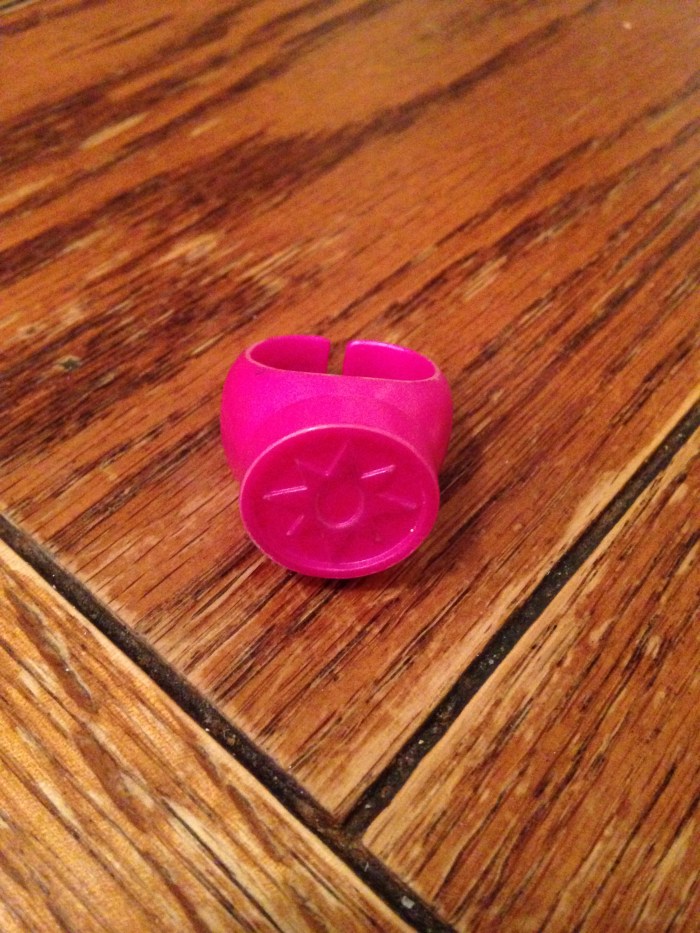 Dearest All,
Dearest All,
It’s time.
Aw, but there are few things I’ve loved more than this!
When I began this project so many years and so many words ago, I was terrified that I’d run out of things to say, petering out like a gasless motorboat stuck in the middle of a lake. Instead, I think I’ve learned to paddle stealthily forward, sometimes stopping both to catch my breath and to enjoy the view.
This blog is called Notes From The Room in My Head, of course in honor of Virginia Woolf’s seminal A Room of One’s Own. That book, and the fact that I’d found a large print edition of it, squirreled away on a back shelf at the public library, was the subject of my very first blog post in August, 2014. In this slim volume, Woolf says that to write a woman needs these absolutely essential things: a small independent income and a quiet private space of one’s own. Moreover a woman needs time to create. I had none of these things. And yet,
I am incredulous that somehow I consistently managed to squeeze things off the shelf to make the time to think and to write.
I’ve reveled in the experience of making myself a part of the world around me rather than floating unseeing above it all.
I am deeply moved to at last understand at last that there are connections to be made with so many who take the time to reach out, to read, to offer. That a tentative step out the door is in fact a brave and brassy renewable swoop of faith.
And oh dang, really and truly, it’s been fun. And “fun,” said the inimitable Theodor S. Geisel, better known as Dr. Seuss, “is good.”
Was this a tiny bit of what the luminescent and brilliant Virginia Woolf was thinking all along, cajoling us, enticing us, goading us all forward?
Over the course of this blog I’ve thought so often about time itself, how one can wrap time back upon itself through memory, how to make it as malleable as softened marzipan, how to bend it to appreciate it’s differing shapes and changes of pace.
And now it’s time for a shift.
“It’s a poor sort of memory that only works backwards.” said Lewis Carroll. In my memory going forward then, I have many more things to say, many more things to write. There will be a bit of a break from the blog, although the writing redoubles. You will hold my work in your hands and I fervently hope, hold it it your minds and your hearts. You’ll all hear from me again.
Until then, a toast to each and every one of you and a wish for much happiness. Here’s to the power of the written word, to the myriad joys of reading and writing. Back in touch soonest.
With thanks and appreciation, C


